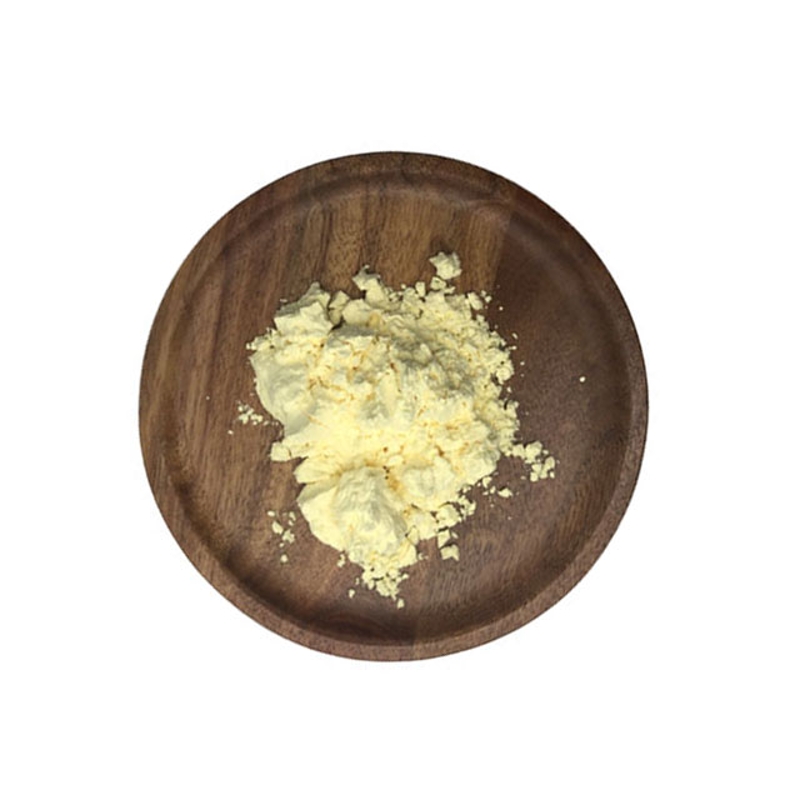-
Categories
-
Pharmaceutical Intermediates
-
Active Pharmaceutical Ingredients
-
Food Additives
- Industrial Coatings
- Agrochemicals
- Dyes and Pigments
- Surfactant
- Flavors and Fragrances
- Chemical Reagents
- Catalyst and Auxiliary
- Natural Products
- Inorganic Chemistry
-
Organic Chemistry
-
Biochemical Engineering
- Analytical Chemistry
- Cosmetic Ingredient
-
Pharmaceutical Intermediates
Promotion
ECHEMI Mall
Wholesale
Weekly Price
Exhibition
News
-
Trade Service
12, 2020 // -- In a recent study published in the international journal Scientific Reports, scientists from University College London and others found that many animals may be susceptible to SARS-CoV-2, the virus that causes COVID-19.
, the researchers found evidence that 26 animals that come into regular contact with humans may be more susceptible to SARS-CoV-2 infection.
Photo Source: NIAID researchers have revealed the molecular mechanism by which prickly proteins from SARS-CoV-2 interact with ACE2 proteins on the surface of host cells when an infection occurs, and in this study, researchers investigated the presence of mutations in ACE2 proteins on the surface of 215 different animal host cells that make ACE2 proteins different from ACE2 proteins in human hosts, which may reduce the stability of the binding complex between viral proteins and host proteins.
and host protein binding will make it easy for the virus to enter the host cell, of course, the virus may also infect animal hosts through other means, based on current research evidence, if the virus can not bind to ACE2 to form a stable complex, it is unlikely to infect animal hosts.
researchers found that in animals such as sheep and apes, these proteins can bind as tightly as viruses infect humans, and in some animals researchers did not test for infection, so this may not confirm that animals are indeed infected with SARS-CoV-2.
researchers want to see not just animals that are being studied experimentally, but also at the risk of infection and further monitoring and investigation.
In addition, the researchers conducted a more detailed structural analysis of specific animals to better understand how the risk of infection varies from animal to animal, and by comparing the results with other experimental data, the researchers set thresholds to predict which animals might be at risk of infection and which animals were less likely to be infected, and finally found that most birds, fish and reptiles did not appear to be at risk of infection, but most of the mammals studied were likely to be potentially infected.
The details and severity of the response to
host infections are much more complex than the interactions between viral synactins and ACE2, so later researchers will continue to delve deeper into the interactions between viruses and other host viral proteins; Su Datt Lam, lead author of the
article, said that unlike laboratory-based studies, computational analysis methods designed by researchers can automatically and quickly run, so they can be easily applied to future disease outbreaks, but unfortunately, because of the constant human interference with the natural habitat of animals, virus outbreaks are becoming more common today.
In order to protect animals and humans from the risk of COVID-19 infection, we also need to conduct larger-scale surveillance of more animals, especially pets and farm animals, in order to detect and intervene in a timely manner under conditions controlled by cases or animal groups.
, it is equally important that humans take hygiene measures in their contact with animals to reduce the risk of disease transmission.
() Original source: Lam, S.D., Bordin, N., Waman, V.P. et al. SARS-CoV-2 spike protein predicted to form complexes with host receptor protein orthologues from a broad range of flowers. Sci Rep 10, 16471 (2020). doi:10.1038/s41598-020-71936-5.







